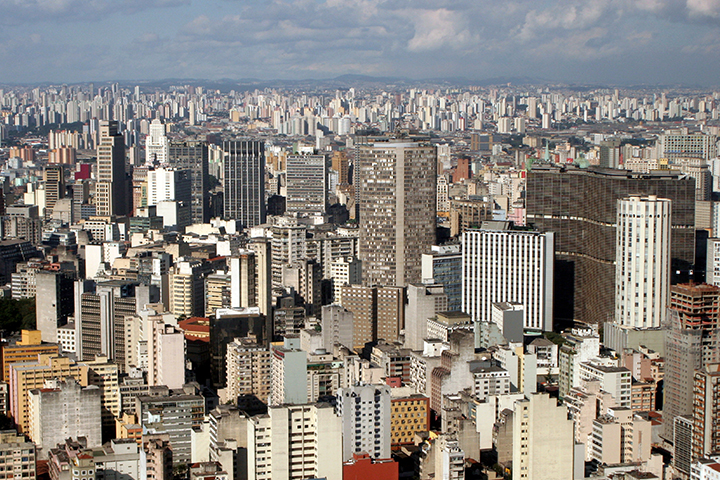Drivers of Urban Adaptation in Sao Paulo, Brazil
Drivers of Urban Adaptation in Sao Paulo, Brazil
Drivers of Urban Adaptation in Sao Paulo, Brazil
Program: UM-Brazil Sustainability Cooperation Grants
All UM-Brazil Sustainability Cooperation Grants projects »

U-M Investigators
Maria Carmen Lemos - School for Environment and Sustainability
Scott Kalafatis - School for Environment and Sustainability
Collaborators
Gabriela Marques Di Giulio - University of Sao Paulo
Rosa Maria Mancini - Secretary for Environment of the State of São Paulo
Project Summary
For cities, climate change is quickly becoming a policy and planning concern. The growing realization that mitigation alone will not be enough to avoid climate impacts is increasingly apparent in the number of cities that have adaptation plans. These early adopters recognize the risk of climate change impacts—both future and present—on cities’ social-ecological systems. Yet, many other cities at risk remain less proactive, likely due to economic, institutional and political constraints that challenge them to provide basic services and support current populations, infrastructure, and ecosystems.
Researchers have identified resources and governance structures that build adaptive capacity to respond to climate impacts, and further work to understanding how these resources feedback on each other both positively and negatively is essential for increasing urban resilience and sustainability. A collaborative research team examined climate adaptation challenges and opportunities in the city of Sao Paulo, Brazil. Using exchange activities between faculty members and students from the University of Sao Paulo and the University of Michigan in 2014-2015, the project fostered the exchange of knowledge and experiences, leveraged existing data, and laid a foundation for future collaborative theoretical and methodological frameworks for analyzing climate adaptation in cities.
This project received a $15,500 UM-Brazil Sustainability Cooperation Grant in 2015.